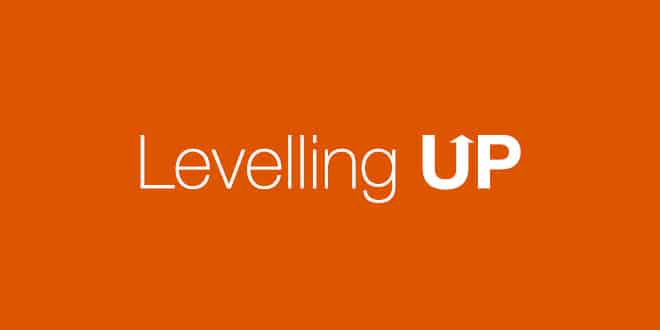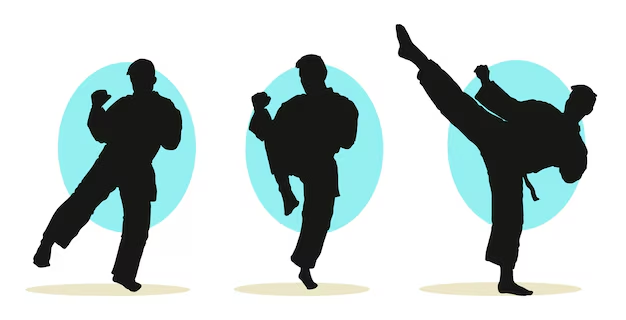I came across a fascinating passage in a book by Daniel Levitin, that really spoke to me, and for any of us seeking to improve what we do (most of us, I guess) I think there are some wise words here. I quote it at length below, and it’s particularly interesting as it’s good to be reminded that the process of learning is pretty much the same for teachers and students.
Sometimes… you find that your slow progress, and careful accumulation of tools and ideas, has suddenly allowed you to do a bunch of new things that you couldn’t possibly do before. Even though you were learning things that were useless by themselves, when they’ve all become second nature, a whole new world of possibility appears. You have ‘levelled up’, if you will. Something clicks, but now there are new challenges, and now, things you were barely able to think about before suddenly become critically important.

It’s usually obvious when you’re talking to somebody a level above you, because they see lots of things instantly when those things take considerable work for you to figure out. These are good people to learn from, because they remember what it’s like to struggle in the place where you’re struggling, but the things they do still make sense from your perspective (you just couldn’t do them yourself).
Talking to somebody two levels above you is a different story. They’re barely speaking the same language, and it’s almost impossible to imagine that you could ever know what they know. You can still learn from them, if you don’t get discouraged, but the things they want to teach you seem really philosophical, and you don’t think they’ll help you—but for some reason, they do.
Somebody three levels above is actually speaking a different language. They probably seem less impressive to you than the person two levels above, because most of what they’re thinking about is completely invisible to you. From where you are, it is not possible to imagine what they think about, or why. You might think you can, but this is only because they know how to tell entertaining stories. Any one of these stories probably contains enough wisdom to get you halfway to your next level if you put in enough time thinking about it.
While this was written about studying Mathematics, I think it’s more widely applicable. I have some idea of the people I know who might be one ‘level above me’ according to this categorisation; I always learn a lot from them. Now I am re-thinking the people whom I have never been able to understand; imagining them ‘two or three levels up’ and seeing what there is to learn from them puts a whole new spin on it. I am also consciously going to try to imagine what these levels might look like in my teaching subjects, and how to move students from one to the next; and also for us as teachers and administrators; what ‘levels’ are we on? What does the next level up look and feel like?


